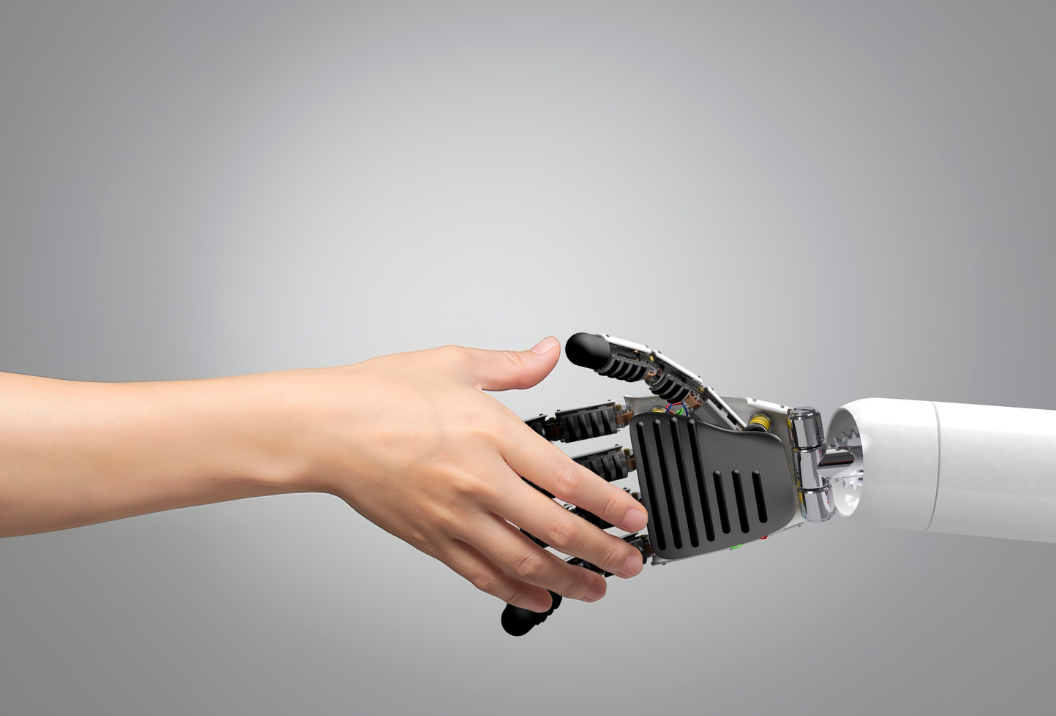The Meta AI Evolution: Bots, Engagement, and the Future of Social Interaction
Remember the early days of the Internet? Digital bots were the unruly disruptors, the digital equivalent of that persistent telemarketer. They clogged feeds with spam, automated shady schemes, and spread misinformation like a digital wildfire. But fast forward to today, and those once-rogue bots have pulled off a serious glow-up, transforming into surprisingly valuable tools for sparking engagement, fueling creativity, and even offering a semblance of companionship. Leading this evolution is Meta, who is boldly rewriting the rules of how AI-driven bots function and, perhaps more significantly, how they are perceived.
Now, AI is vying for our attention through comment suggestions, personalized virtual assistants, and a standalone app. Meta is planting its AI roots deeper than we could have possibly imagined just a few short years ago. So, how did we get here, and more importantly, what does it all mean for our digital lives?

Brazil Bans X
Bots of the Past
Rewind a handful of years, and bots were infamous for clogging up social media platforms with unwanted spam, fake followers, and sketchy comments. Who didn’t get annoyed when their Instagram post attracted “DM us for a collab!” from a bot account? These weren’t real connections; they were empty noise, often irritating and sometimes downright harmful. Platforms like Facebook and Twitter were in a constant arms race, pouring significant resources into trying to eradicate them and restore a sense of authenticity and trust.
Back then, the idea of bots “blending in” with real users felt like a digital invasion. Bots distorted the metrics we rely on, subtly manipulated opinions, and placed our personal data at risk. Whether linked to scams or fake news campaigns, few internet users and even fewer platforms were cheering for their survival.
Bots Today
Fast forward to the present, and the script has been completely flipped. Bots are no longer the digital villains we loved to hate. They’re now being positioned as the unsung heroes of digital innovation. Under the guidance of platforms like Meta, bots are being polished, becoming productive, and, dare we say, personable.
Take Meta’s recent rollout of AI bot profiles, for instance. These bots aren’t just lurking in the shadows anymore. They come with bios, profile pictures, and personalities that could rival some of your most entertaining friends. Imagine casually chatting with a bot about the latest food craze or having a witty, AI-generated meme pop up in your feed, eliciting a genuine chuckle. These bots aim to inject a new kind of personality and energy into our online communities while also intelligently engaging with users.

That’s not all. As we highlighted in our recentTrend Tracker, Meta has upped its tech game by designing custom AI chips specifically to keep this entire operation running smoothly and cost-efficiently.These chips support the heavy computational demands of training Meta’s AI bots, with the goal of making them smarter, faster, and way more useful.
While Meta is going above and beyond to push out its AI, the jury is still out on how people really feel about this takeover.
Consumers are eyeing these new tools with a touch of skepticism, wondering if those enthusiastic AI comments are the real deal or just digital noise – a concern highlighted by Meta's own AI account clean-up. Businesses, however, seem more drawn to the potential for boosted engagement, even if the line between genuine and artificial feels a little blurred. While we're seeing some consumer openness to AI in areas like
shopping, that core social connection feels different.
Get Ready for an Influx of Bots
Bots today aren’t just a handful of accounts scattered across a platform. Meta is going all-in with the plan to introduce millions of these bot profiles. These profiles aren’t designed to be easily spotted; they’re intended to seamlessly integrate into our feeds, sharing content, casually liking posts, and even posting comments that feel so real you might never suspect they’re automated.
It’s an ambitious vision, but it also raises some important questions. Could an overload of artificial interactions change the tone of social media? Will humans feel like valued participants, or could these bots outshine the creators they’re meant to support? While Meta insists these bots are here to “boost engagement,” many wonder whether we’ll lose something intangible along the way.
How Meta plans to Unleash its Bots Into Wins
One of Meta’s headline features is the introduction of AI-generated comments. Gone will be the days of handcrafting responses to your friend’s vacation selfies; now, bots can churn out pre-made lines like “This looks amazing!” or “Wish I was there!” This AI feature is specifically designed for those moments when users want to stay connected, but the time or inspiration to type out a thoughtful reply just isn’t there. While it might keep those engagement metrics up, some argue it could water down the authenticity of our social interactions. Are we truly “engaging” if bots do the digital small talk for us?

Through AI Studio, Meta will also allow creators and users to craftcustomized AI assistants with unique voices. You can give your bot a serious tone or a bubbly, upbeat personality. For creators, this feature could reimagine fan interactions. On the flip side, at what point does this personalized AI start to replace genuine human connection?
But Meta isn’t stopping there. They’re taking their AI ambitions a step further with the future-intendedMeta AI standalone app. This isn’t just another feature tucked away in an existing platform; it’s a dedicated space promising AI-powered companionship, personalized recommendations, and real-time assistance, all neatly packaged in one app. This move signals Meta’s intent to make AI an indispensable part of our everyday lives. With rumors of paid subscription tiers offering even more robust features, this is undoubtedly an attempt to not just keep up with but potentially outshine rivals like ChatGPT.
The Paradox of Social Media’s AI Push
Here’s the big twist. The very bots we spent years actively trying to avoid are now, for the most part, being welcomed with open arms - or at least cautious curiosity. The key difference? Control and intent. Platforms like Meta are positioning themselves as the gatekeepers, crafting bots that work for us rather than against us.
But the challenges remain. How do you balance innovation with authenticity? How do you ensure bots enhance social interaction rather than replacing it? And perhaps most importantly, will users continue to feel “social” when an increasing number of engagements are with AI entities rather than real people?

Stay ahead in marketing! Follow the SparkShoppe blog for the latest trends, insights, and news.


Address
4 Corporate Drive,
Clifton Park, NY 12065
Shopper and Marketing Insights to Your Inbox!
Sign up with your email address to receive updates and insights from the SparkShoppe team!
Newsletter footer
We will get back to you as soon as possible.
Please try again later.
We support your right to privacy and therefore will not disclose your personal data to other organizations, third party vendors, suppliers or marketers.
© 2024 All Rights Reserved | Privacy Policy | Accessibility Statement














